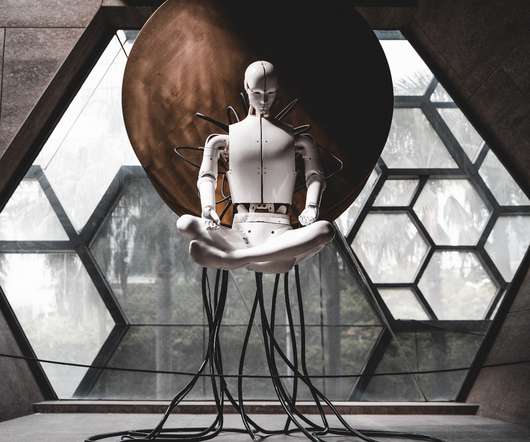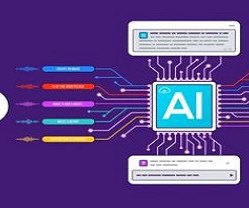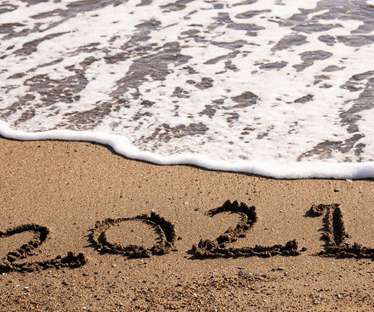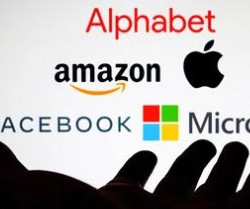Generative AI and creativity: A quick analysis of US and Canadian copyright registrations for artistic works
Kluwer Copyright Blog
APRIL 17, 2024
In addition to raising questions about ownership of outputs , infringement in training , and the future of copyright as a policy tool to encourage creativity , economists are in the early stages of analysing the effects of these technologies on human creativity.















Let's personalize your content